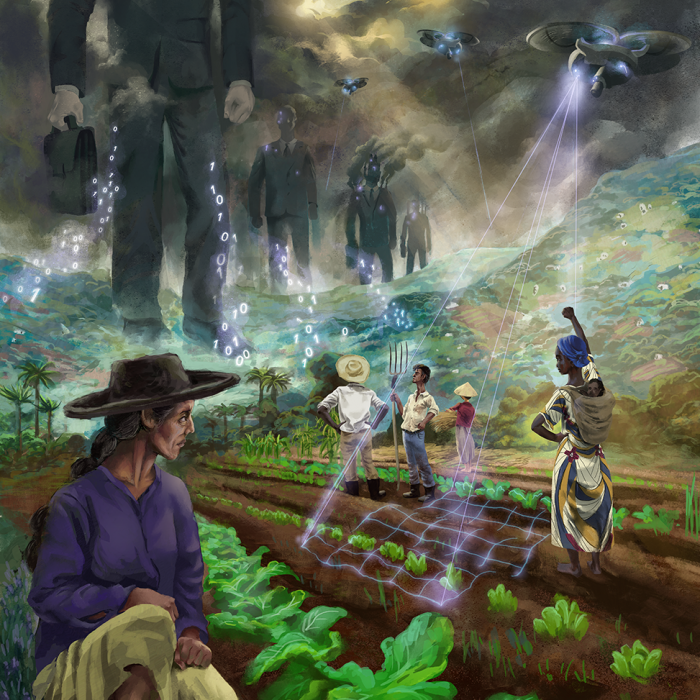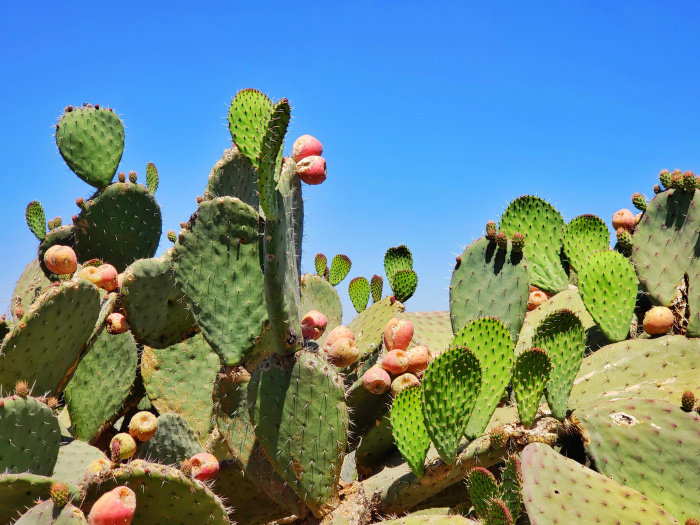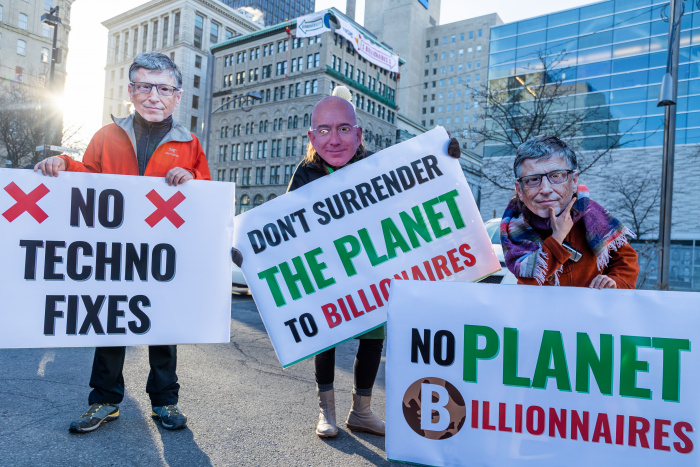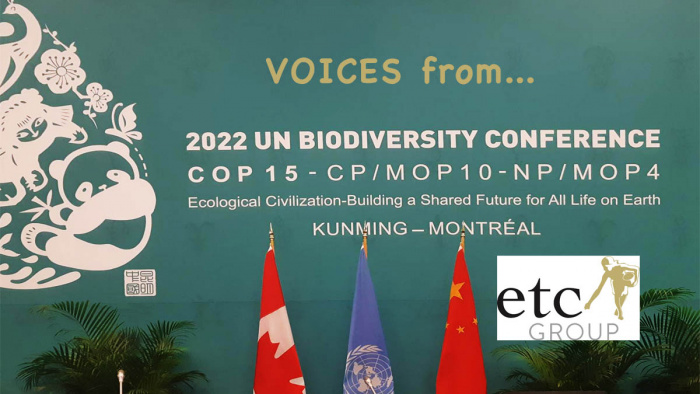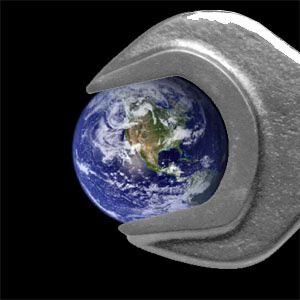Statement on the African Development Bank's Dakar 2 Summit
Submitted by Ronnie Hall on
As African heads of state travel to Dakar for the African Development Bank Group’s Dakar 2 African Food Summit, 83 African and international civil society organisations have signed a collective statement opposing the summit’s “climate smart agriculture” approach.

